High-tech goggles let doctors 'see' cancer cells
The goggles highlight cancerous cells as surgeons operate, reducing the need for follow-up surgery
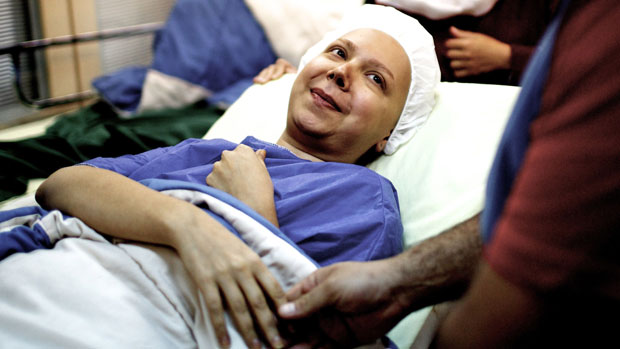
A free daily email with the biggest news stories of the day – and the best features from TheWeek.com
You are now subscribed
Your newsletter sign-up was successful
A PAIR of high-tech goggles could help surgeons identify and remove cancers by highlighting affected tissue as they operate. The goggles could reduce the need for secondary operations, the BBC reports. Diseased tissue is often difficult to distinguish from healthy tissue, which means surgeons either remove healthy tissue unnecessarily or miss parts of the cancer, which then regrow. According to Business Week, between 20 and 40 per cent of women who undergo breast cancer lumpectomies have to return for a second operation. The new goggles, which also allow surgeons to record and review operations, have been tested on patients suffering from breast and skin cancer. They were developed by Dr Samuel Achilefu, a professor at the Washington University School of Medicine in St Louis, who was inspired to develop the technology by military night-vision goggles. He began work on the prototype with funding from the National Cancer Institute after feeling frustrated that doctors were essentially performing operations in the dark, he says. To use the goggles, doctors first inject the patient with an infrared fluorescent marker, which flows through the body and becomes trapped inside cancer cells. During the operation, an infrared sensor on the goggles detects the location of the diseased cells and displays them to the surgeon on the goggle lenses.
Achilefu told St Louis Post-Dispatch: “It’s such a nice device that I think already we are getting requests from other parts of the world for prototypes. I can see it being used in so many places.” Work on the goggles, which are expected to cost $10,000 per pair, is likely to be complete by the end of the year.
A free daily email with the biggest news stories of the day – and the best features from TheWeek.com
The Week
Escape your echo chamber. Get the facts behind the news, plus analysis from multiple perspectives.

Sign up for The Week's Free Newsletters
From our morning news briefing to a weekly Good News Newsletter, get the best of The Week delivered directly to your inbox.
From our morning news briefing to a weekly Good News Newsletter, get the best of The Week delivered directly to your inbox.
-
 The ‘ravenous’ demand for Cornish minerals
The ‘ravenous’ demand for Cornish mineralsUnder the Radar Growing need for critical minerals to power tech has intensified ‘appetite’ for lithium, which could be a ‘huge boon’ for local economy
-
 Why are election experts taking Trump’s midterm threats seriously?
Why are election experts taking Trump’s midterm threats seriously?IN THE SPOTLIGHT As the president muses about polling place deployments and a centralized electoral system aimed at one-party control, lawmakers are taking this administration at its word
-
 ‘Restaurateurs have become millionaires’
‘Restaurateurs have become millionaires’Instant Opinion Opinion, comment and editorials of the day
-
 How cybercriminals are hacking into the heart of the US economy
How cybercriminals are hacking into the heart of the US economySpeed Read Ransomware attacks have become a global epidemic, with more than $18.6bn paid in ransoms in 2020
-
 Language-learning apps speak the right lingo for UK subscribers
Language-learning apps speak the right lingo for UK subscribersSpeed Read Locked-down Brits turn to online lessons as a new hobby and way to upskill
-
 Brexit-hobbled Britain ‘still tech powerhouse of Europe’
Brexit-hobbled Britain ‘still tech powerhouse of Europe’Speed Read New research shows that UK start-ups have won more funding than France and Germany combined over past year
-
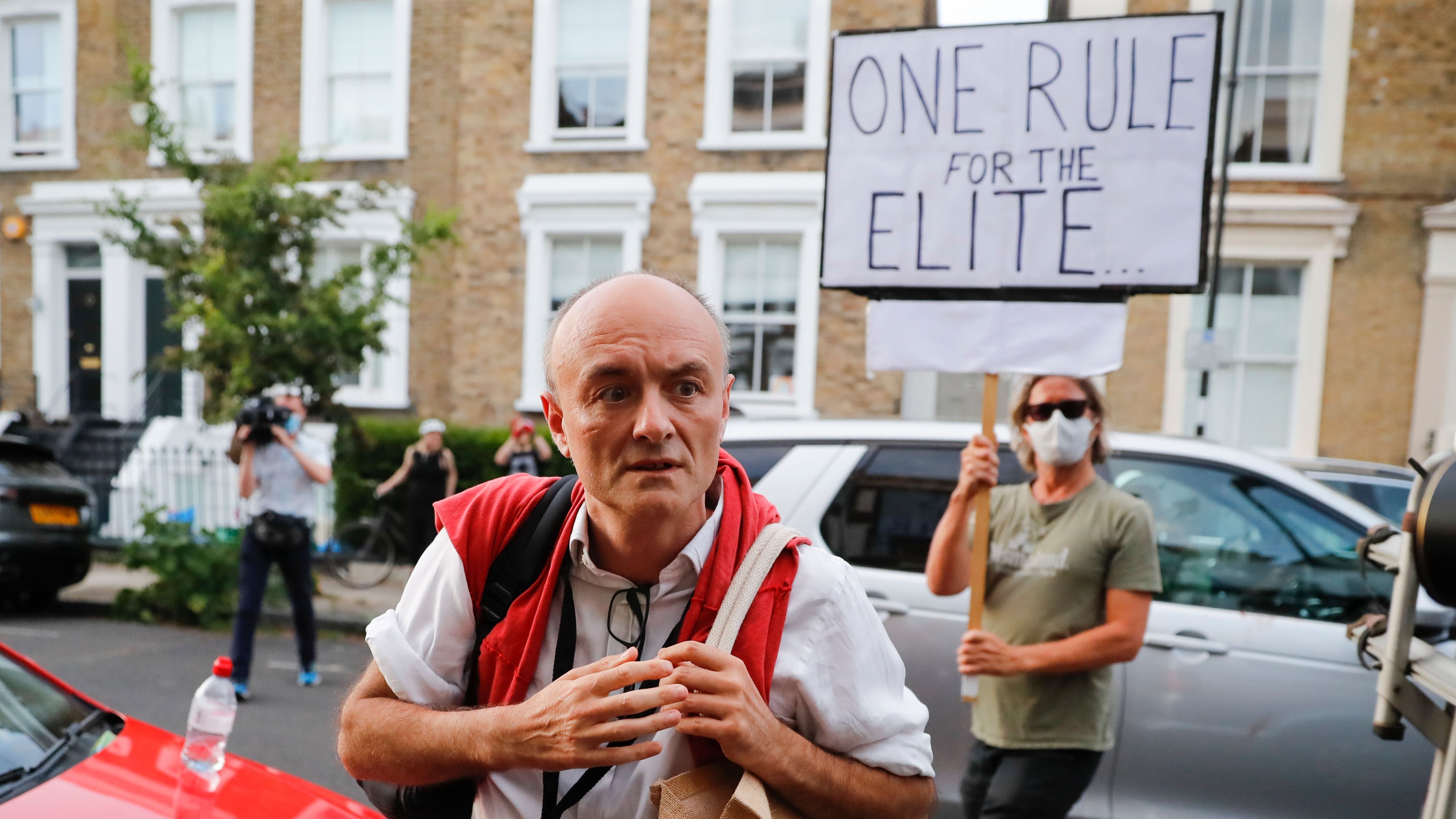 Playing Cupid during Covid: Tinder reveals Britain’s top chat-up lines of the year
Playing Cupid during Covid: Tinder reveals Britain’s top chat-up lines of the yearSpeed Read Prince Harry, Meghan Markle and Dominic Cummings among most talked-about celebs on the dating app
-
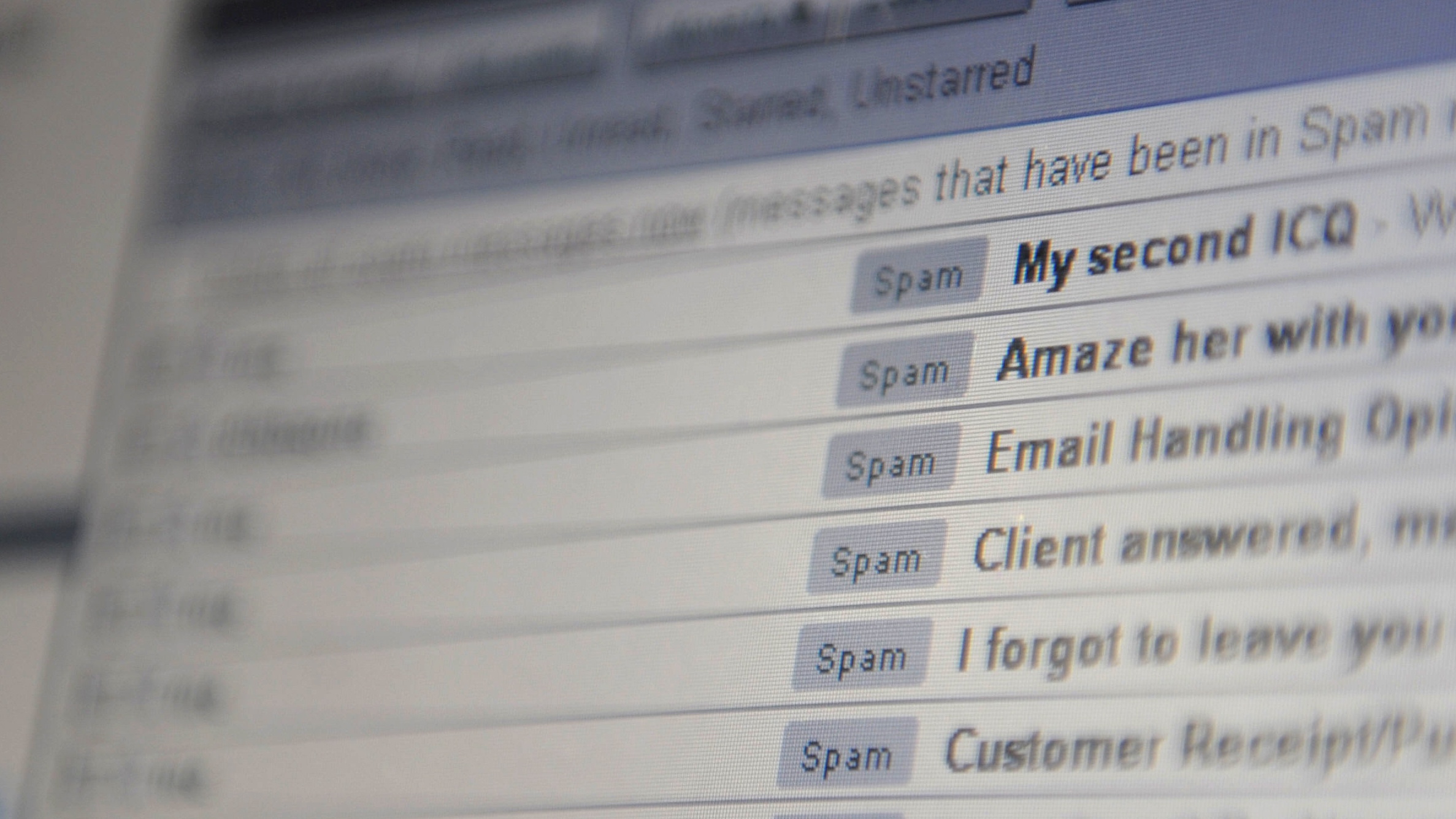 Brits sending one less email a day would cut carbon emissions by 16,000 tonnes
Brits sending one less email a day would cut carbon emissions by 16,000 tonnesSpeed Read UK research suggests unnecessary online chatter increases climate change
-
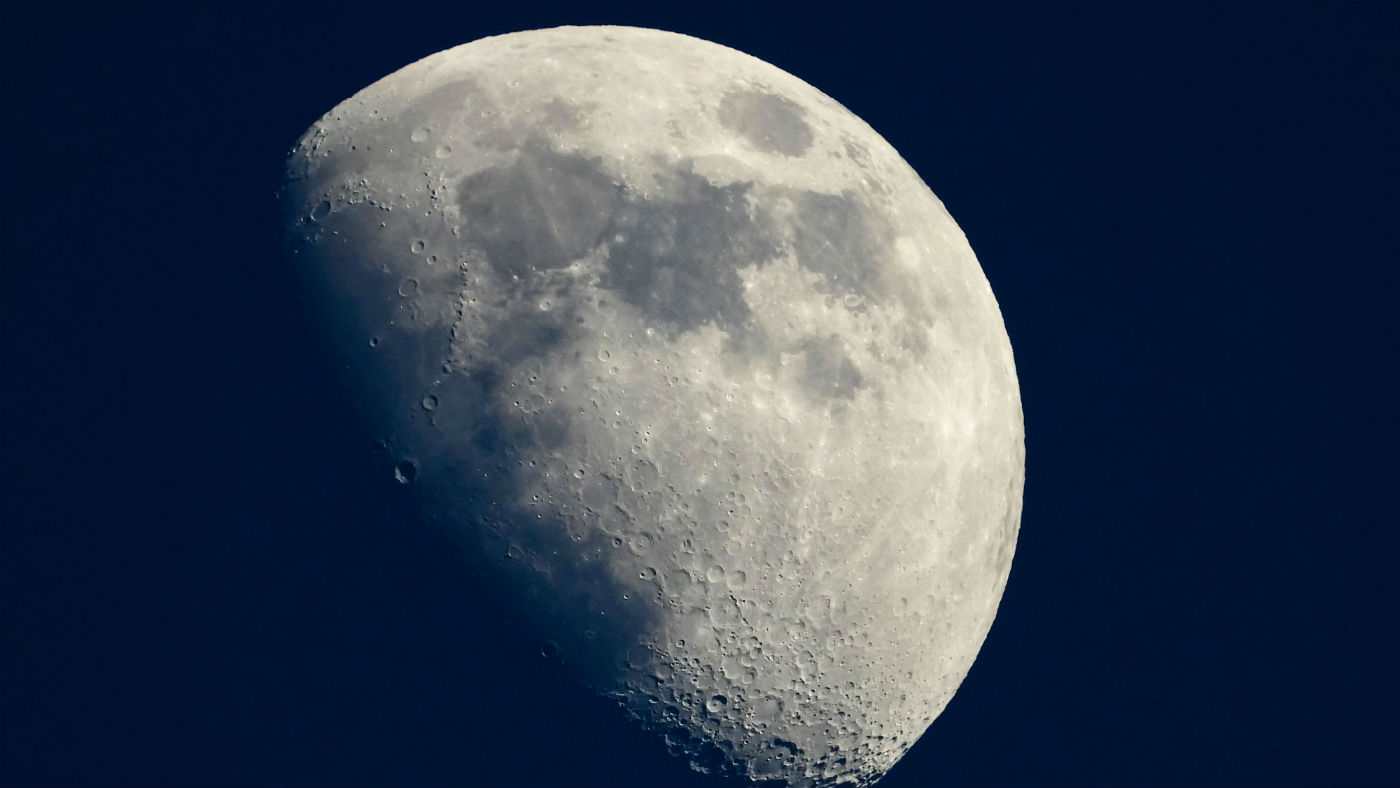 Reach for the Moon: Nokia and Nasa to build 4G lunar network
Reach for the Moon: Nokia and Nasa to build 4G lunar networkSpeed Read Deal is part of the US space agency’s plan to establish human settlements on the lunar surface
-
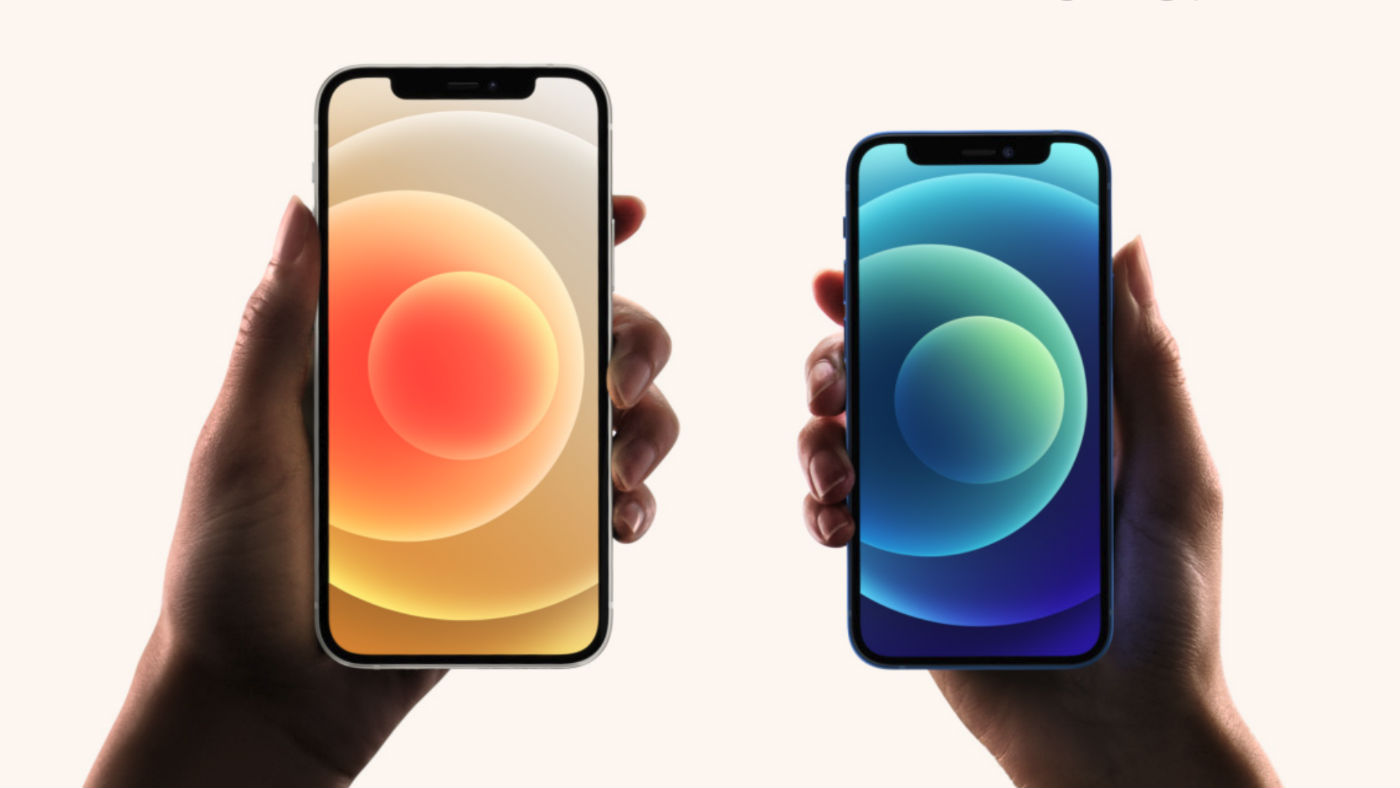 iPhone 12 launch: what we learned from the Apple ‘Hi, Speed’ event
iPhone 12 launch: what we learned from the Apple ‘Hi, Speed’ eventSpeed Read Tech giant unveils new 5G smartphone line-up
-
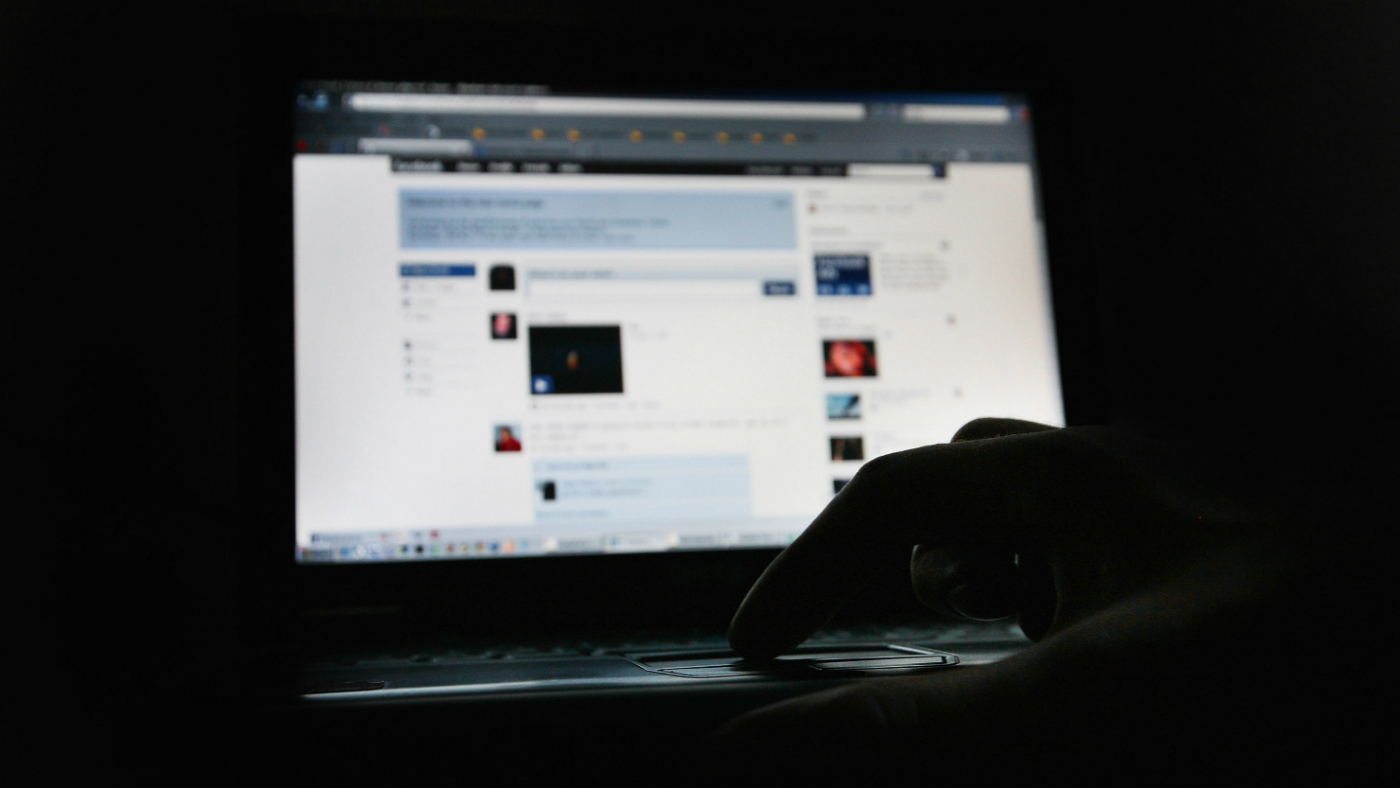 Russian agency behind US election meddling ‘created fake left-wing news site’
Russian agency behind US election meddling ‘created fake left-wing news site’Speed Read Facebook says real reporters were hired by fake editors to write about US corruption